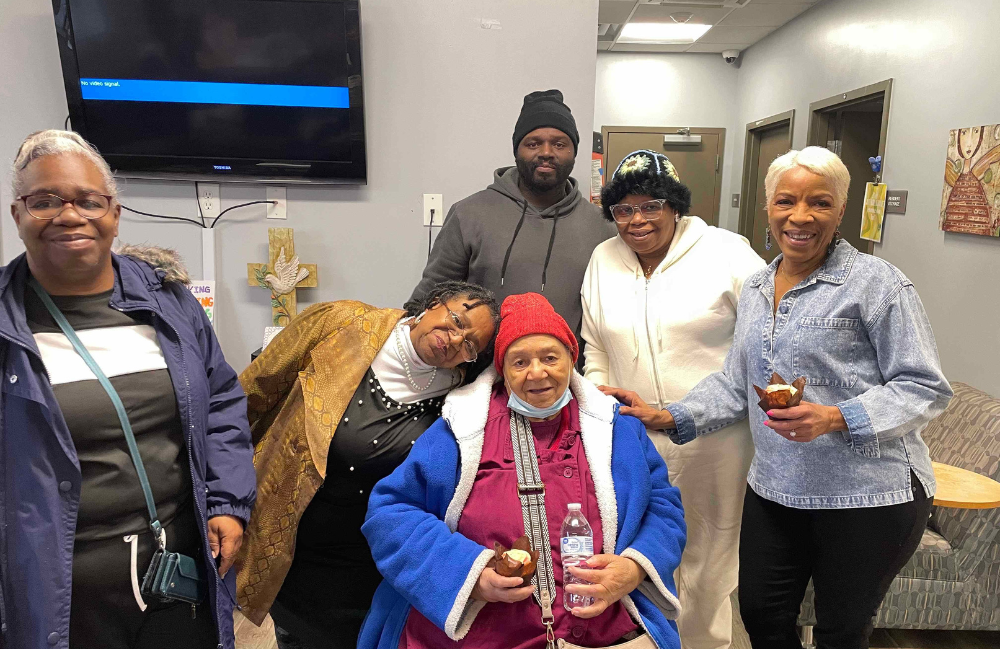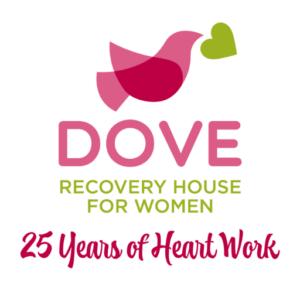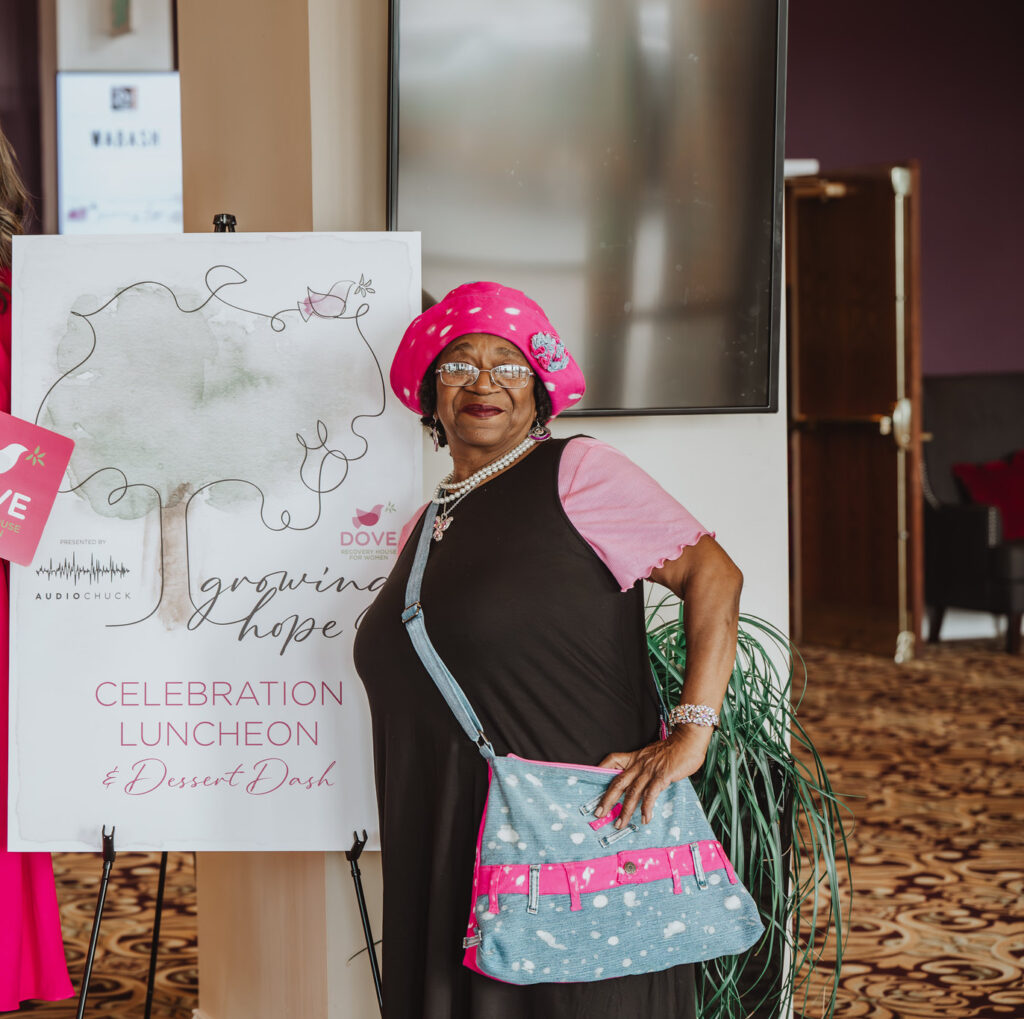Lula’s Story
As a new hire at Dove Recovery House for Women, one of the first women to leave an unforgettable impression on me was Lula. She greeted me with a big smile, a booming voice, and a compliment on my blouse. That’s how I met Lula Smith, one of the remarkable women living at Dove House.
Lula arrived at Dove House at a critical turning point in her life. After battling substance use disorder for 30 years, she was ready—ready to leave behind the chaos and drama of drugs and alcohol.
The Old Lula
Before addiction, Lula was much like many other Hoosier women. She was a graduate of Indiana State University, a retired Air Force veteran, a seamstress, a mother, and a wife. She fondly described her early years of marriage, working hard and caring for her home.
Like any parent, Lula aimed to provide a better life for her children. However, amidst the routine of daily life, she was introduced to drugs.
“My husband introduced it to me…”
At the time, Lula was working two jobs—at the post office and a daycare center—partly to stay away from an abusive home environment. Tragically, it was by the same hands that caused her pain that she was introduced to drugs. Six months after giving birth to her fourth child and only daughter, Lula tried cocaine for the first time.
From there, life began to spiral downward. While she openly acknowledges her husband’s role in her introduction to drugs, Lula was adamant about taking accountability for continuing to use. Gradually, her use of marijuana and cocaine escalated to more severe substances, leading her to lose pieces of herself along the way.
Isolation
For a while, Lula managed to function while using substances. She held down her jobs, took care of her children, and maintained an appearance of normalcy. But over time, things began to fall apart. Addiction brought with it other destructive behaviors that alienated her from her family and friends.
“I was isolated,” she explained. “But my mother and her family never left me.”
Family plays a significant role in substance use— whether as a challenge to overcome or a source of support. For Lula, it was both. Her husband introduced her, but it was her daughter who became the catalyst for her sobriety.
“My daughter is a nurse, and she said, ‘I have one mother. Let me take care of you.’”
Lula took her daughter’s words to heart and enrolled at an inpatient treatment program on October 11, 2023. She spent several months in treatment before transitioning to Dove House.
Introduction to Sobriety
Lula shared stories of adjusting to life at Dove Recovery House, where strict routines help residents establish stability and earn privileges as they progress through the program. Laughing, she recalled a few “dust-ups” with the resident assistants early on, though these interactions eventually grew into mutual respect and even friendships.
During her time at Dove House, Lula became a beacon of light for both staff and the other women, affectionately known as “The Photographer” because she was always taking pictures.
Once a Dove, Always a Dove
Lula left Dove Recovery House in February 2025, feeling happy, whole, healed, and most importantly sober. During her final days at Dove, she shared her thoughts during morning reflections:
Lula represents a group often overlooked in conversations about women with substance use disorder: older women. With four grown children, 24 grandchildren, and six great-grandchildren, Lula has lived a full life and contributed to society. Yet older women are often forgotten in discussions about substance use disorder.
At Dove House, we serve all women, regardless of age, race, orientation, or any other external factor. While our minimum age requirement is 18, there is no upper age limit. In fact, the oldest Dove we’ve served was nearly 65 years old.
We hope Lula’s story shines a light on the reality that older women with substance use disorder exist—and they deserve our help too.




